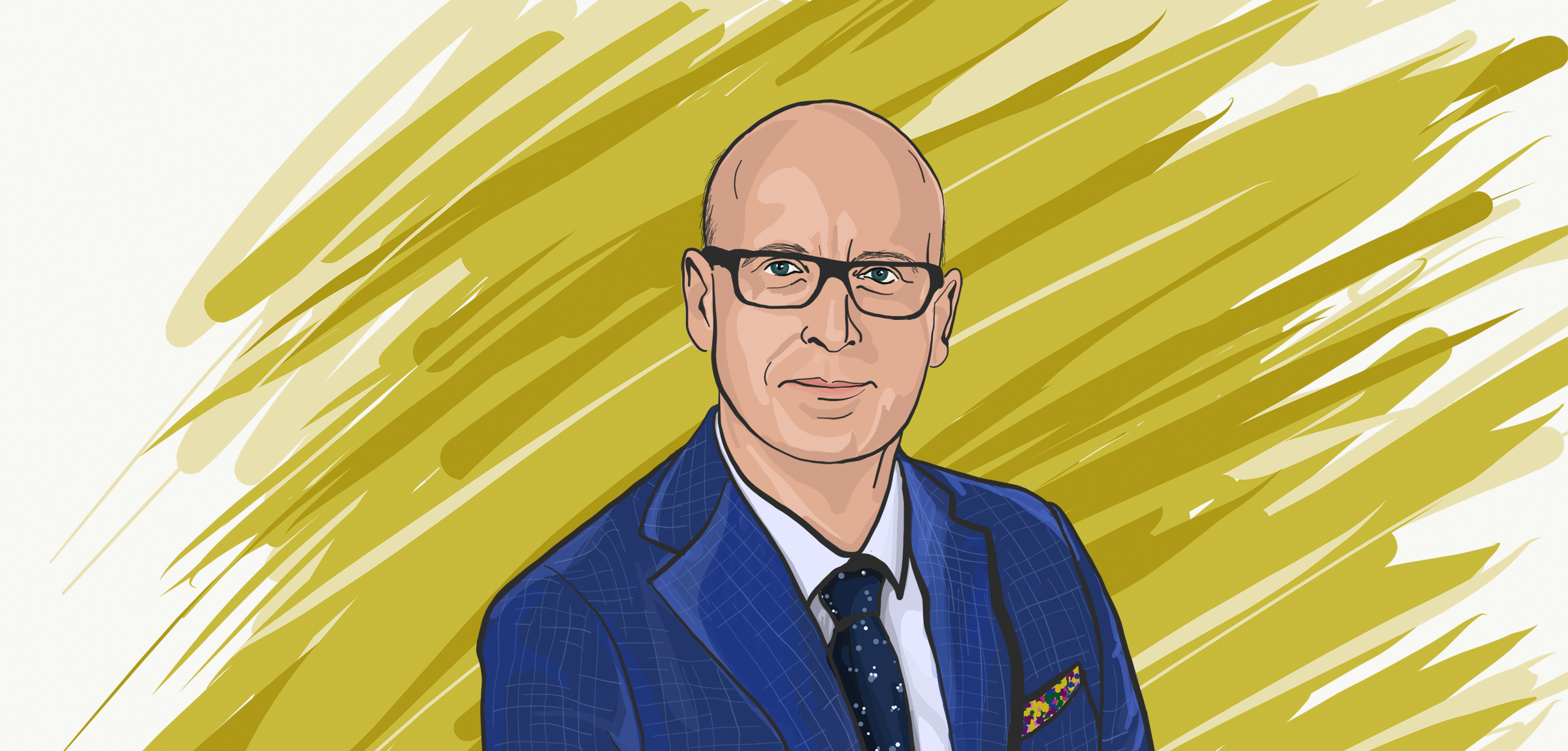Teachers’ convention is a very busy time for a lot of people, especially our colleagues who organize these events on our behalf. I am always very grateful to these teacher volunteers, as I know it’s not always as easy and smooth as it may appear to be. Convention is also a time for our profession to demonstrate its commitment to learning. I have always been able to leave convention with a new idea that I could use in my classroom or with a deep thought that has me thinking about education in a broader context.
This year’s convention season was no different. Though I am not actively teaching right now, I have added a few more titles of books to my ever-increasing reading pile. I also was really struck by the words of Peter Mansbridge at the Calgary City Teachers’ Convention. Mansbridge has seen a lot of things and reported on many of the world’s biggest news stories. He spoke passionately about how the truth matters. In fact, he said it’s all that matters. He went on to speak about the loss of trust in our society and how misinformation has created a problem for the institutions that make up the very fabric of our society — government, health care and education. He also highlighted how artificial intelligence and ChatGPT has the potential to further erode trust since it will become increasingly more difficult to differentiate between fact and fiction. So how do we combat this lack of trust?
There is a way back, according to Mansbridge, and it’s through transparency, talking about facts and, as he noted to a room full of teachers and school leaders, it’s through us and the lessons we teach in school. However, we need to choose to work together.
Like Mansbridge, I have also noticed an increased polarization in our society on pretty much everything. Every issue seems to be black or white, no shades of grey, no nuanced conversation or room for discussion. This polarization has crept into every part of our lives, including education and our Association. It’s important for us as colleagues to combat the polarization we see within our profession, to listen to each other, to discuss our concerns, to normalize empathy, and work together united on the challenges we see in public education. We need to be mindful that we don’t build walls between ourselves as we work toward making education a priority in the upcoming election.


